Ethiopian Human Rights Commission
February 15, 2023
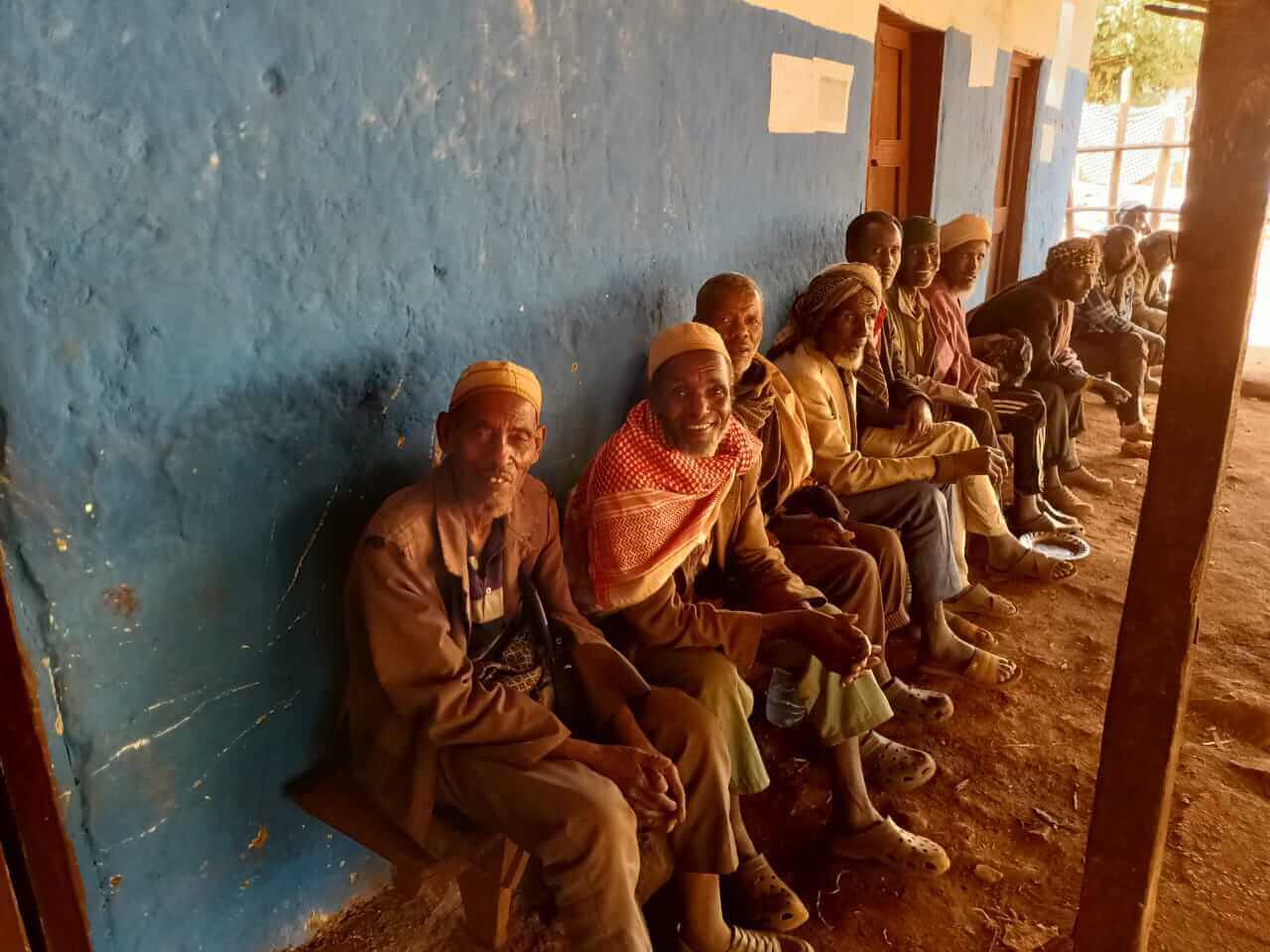 The governments have the primary responsibility for finding durable solutions for displaced people, the international community also has a responsibility to help make durable solutions efforts successful.
The governments have the primary responsibility for finding durable solutions for displaced people, the international community also has a responsibility to help make durable solutions efforts successful.
It will be remembered that the Ethiopian Human Rights Commission (ESMECO/Commission) has recently held discussions with senior officials and experts from federal and regional government institutions, various embassies in Ethiopia, United Nations agencies, international development institutions and civil society organizations regarding finding a lasting solution for internally displaced people. Robert Piper, Special Adviser on Sustainable Solutions for Internally Displaced Persons of the United Nations General Office, who was the guest of honor at this discussion forum and who came to visit Ethiopia at the time; He pointed out that the United Nations is working to find a lasting solution for internally displaced people and that Ethiopia is one of the 16 countries selected to document recommendations that will be educational in this process.
For a country hosting more than 4.5 million displaced people, this should be seen as an opportunity not to be missed. Although the government has the primary responsibility for finding a durable solution for displaced people, the Special Adviser emphasized that the international community also has a responsibility to help ensure the success of durable solution efforts. When Ethiopia was selected with 15 countries to document recommendations that would provide education on finding a sustainable solution for the displaced, the international community working on a sustainable solution was called upon to provide professional and resource support to achieve this. Based on this call, there are development institutions and organizations that have expressed their interest in providing support; However, to implement this, they mainly want to see the commitment of the government.
Facilitating a sustainable solution is a big responsibility that the government must take ownership of and implement with great commitment. One of the most important manifestations of this commitment is to resolve the conflicts that have occurred in various areas that have been the cause of displacement on the one hand and have been an obstacle to a sustainable solution; On the other hand, it is important to appoint an institution that is given clear responsibility and authority by law to supervise and coordinate the activities of facilitating protection and support activities during displacement and facilitating sustainable solutions. Also, although many perceive displacement as only a humanitarian issue, displacement is a human rights, development, security and security issue, and the participation and collaboration of many governmental and non-governmental stakeholders is needed to facilitate a lasting solution to the problem.
It is the government’s first responsibility to facilitate a permanent solution for the displaced people, which means that the government has the duty to uphold, protect and fulfill their human rights, as displaced persons are holders of human rights like any other citizen. This means that in the process of facilitating a lasting solution, since displaced persons are vulnerable to many human rights violations, both the government and the non-governmental institutions that support this process should pay special attention to the protection and respect of the human rights of displaced persons.
In the last two years, ISMECO has observed good initiatives that should be encouraged during the monitoring of the sustainable solution works that have been done and are being done in many areas. Conversely, it also identifies processes and tasks that can be improved and should never be repeated. If we can use the good news that was heard recently and mentioned above properly, it may be possible to better gather the resources needed to find a permanent solution for those who are in a prolonged state of displacement in our country and the number of displaced people is increasing every day. In order for this opportunity to be successful, Isemeco calls on governmental and non-governmental institutions involved in the process of finding a lasting solution for the displaced to pay attention to and implement the following human rights principles:
Meaningful participation
Acknowledging that IDPs are the main actors in the process of finding a durable solution, conditions should be facilitated for them to participate properly when the durable solution is planned, implemented and evaluated. In this process, different groups of displaced persons; That is, women, youth, disabled, elderly, and the poor should be sufficiently involved. This will greatly contribute to the success of the sustainable solution, both in terms of respecting the participation rights of the IDPs and empowering the IDPs as full participants. Also, IDPs should be enabled to participate in public affairs including elections, referendums and administrative matters in an area where they can find a permanent solution. The host community should also be involved in the process of finding sustainable solutions. In the areas monitored by the Human Rights Commission, when displaced people are forced to return to their former places of residence or settle in other areas, return or resettlement measures are taken without any information or discussion about the place or situation of their return or settlement; As a result, he observed that they will face worse problems and some of them will be displaced again. Also, due to the lack of discussion with the host community, it has become a cause for unwanted conflict due to the inability to resolve the tension that may exist around limited infrastructure and social services. Therefore, both the plan and the implementation of the sustainable solution should involve the IDPs and the host community.
2. Obtaining permission
IDPs should be asked for their free and informed opinion and consent regarding sustainable settlement options. IDPs have the right to seek safety in another part of the country and not to be forcibly returned or resettled to any place where their life, safety, liberty or health is at risk. It is important to implement sustainable solution options with this in mind and in a manner that guarantees the right of displaced people to live in any part of the country like any other citizen or resident. Returning displaced persons to their former places of residence should not be considered as the only option to settle them in a sustainable manner. Therefore, sustainable solution options should be implemented in a way that takes into account the needs and wishes of the displaced.
3. Ensuring peace and security
Given the high number of displaced persons in Ethiopia and the creation of new displacements every day; The best option often considered by the government is to return the displaced people to their old villages as much as possible. However, the return of the displaced people cannot be a permanent solution without finding a permanent solution to the conflict or security breach that caused the displacement of the people in the first place. Instead, it will lead to further displacement and further human rights violations. Therefore, it is necessary to ensure that there is no conflict or security threat in the areas chosen for a sustainable solution. Also, before returning or resettling IDPs to war zone areas, it is necessary to properly clear the areas of explosives and explosive remnants of weapons.
4. The right to register and receive documents
Organizing a record of all IDPs and maintaining up-to-date information, apart from the benefit of knowing their numbers, has a significant role in facilitating a sustainable solution for IDPs. However, there is no fully organized, aggregated, regularly updated information on displaced people at the country level. As seen in the monitoring activities carried out by ISEMCO, the information contained in different institutions is different from one another.
Ethiopian Human Rights Commission (EHRC)

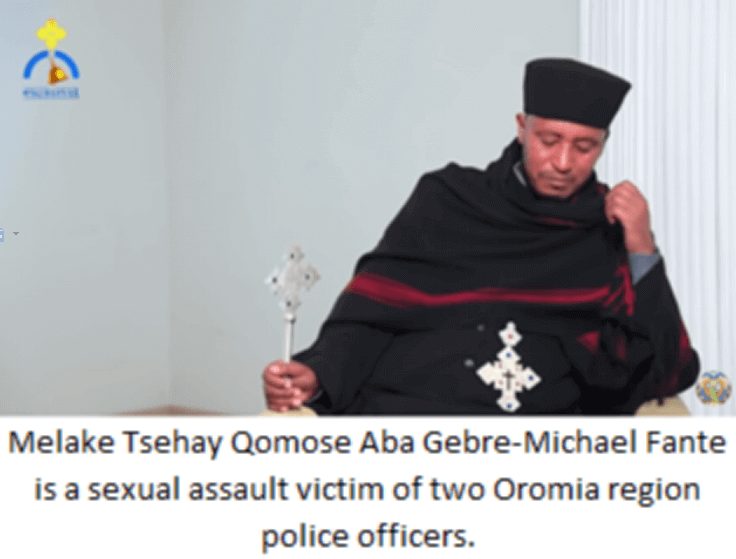
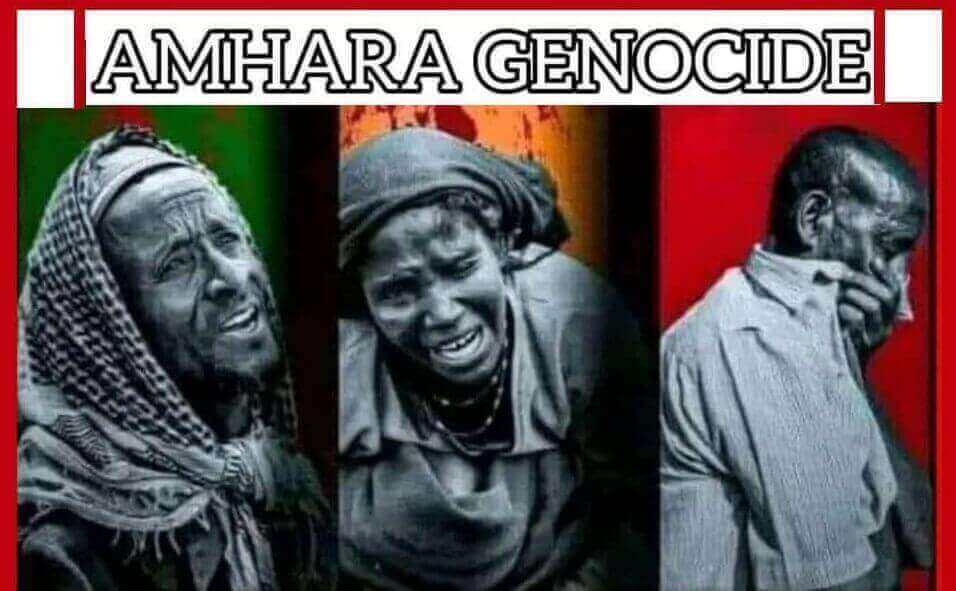

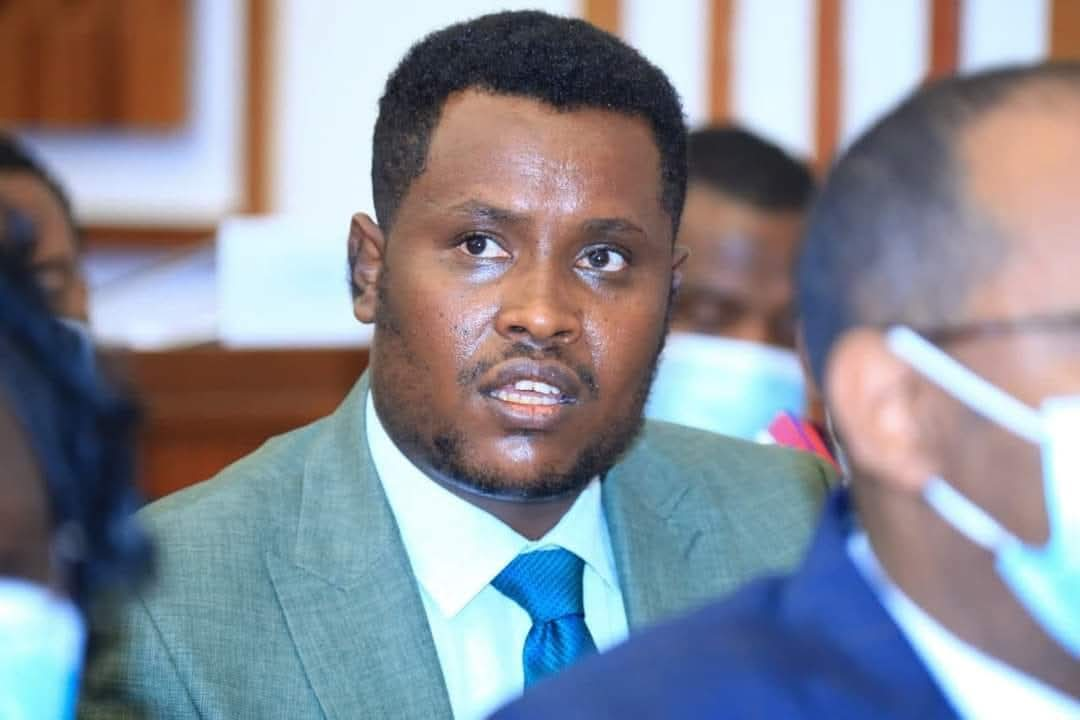


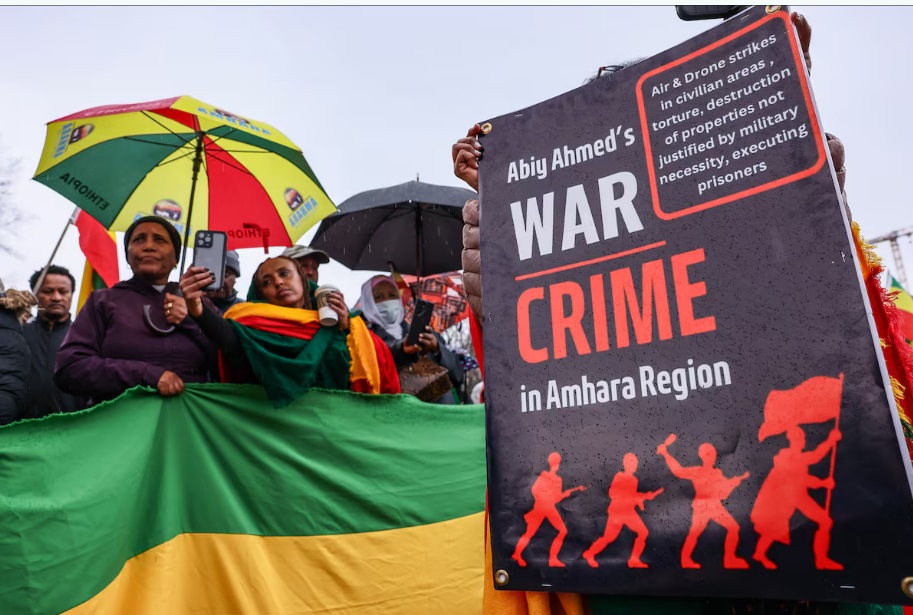

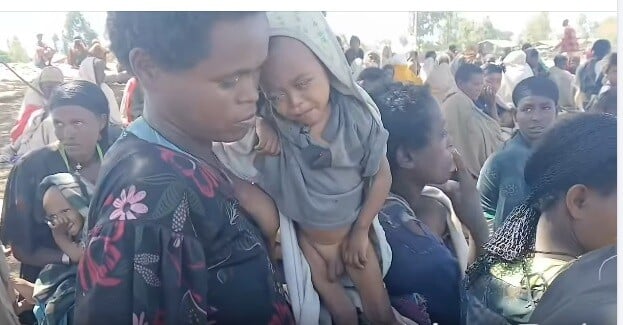


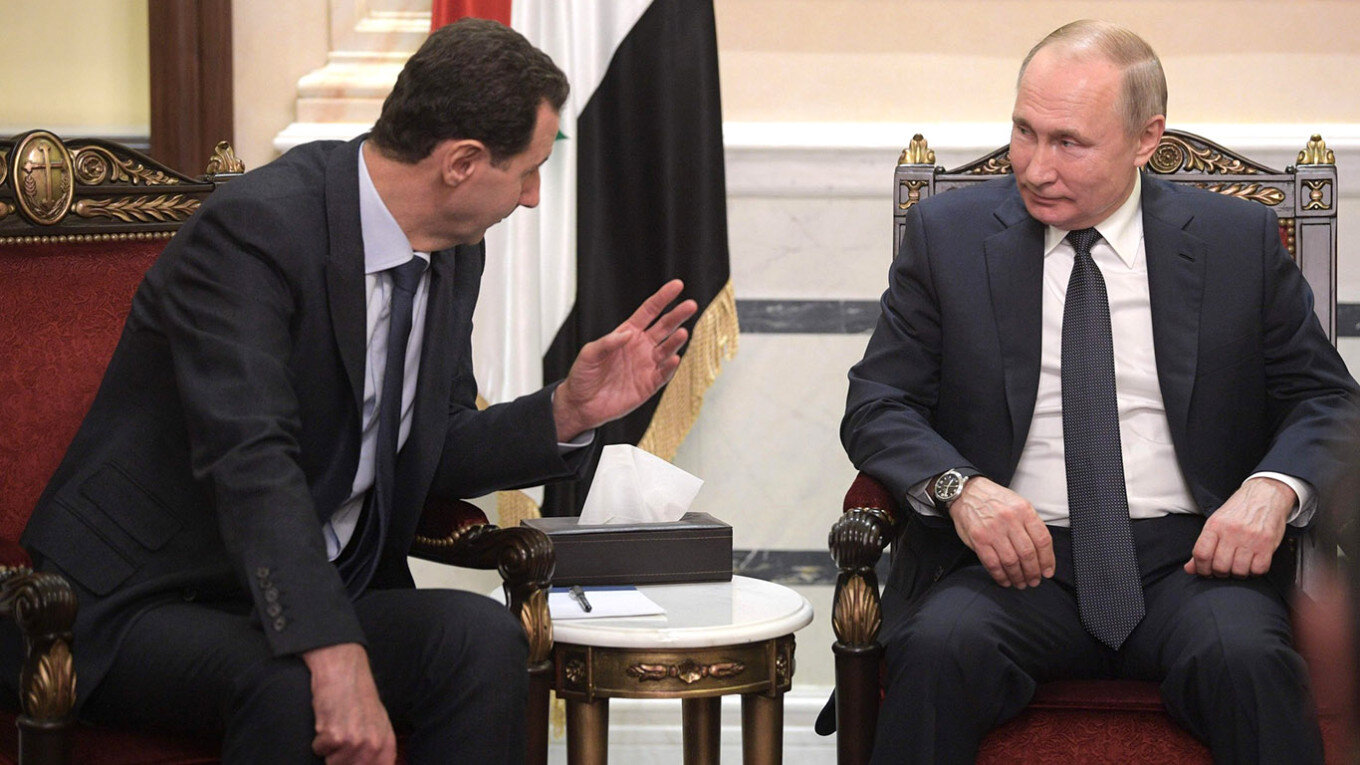
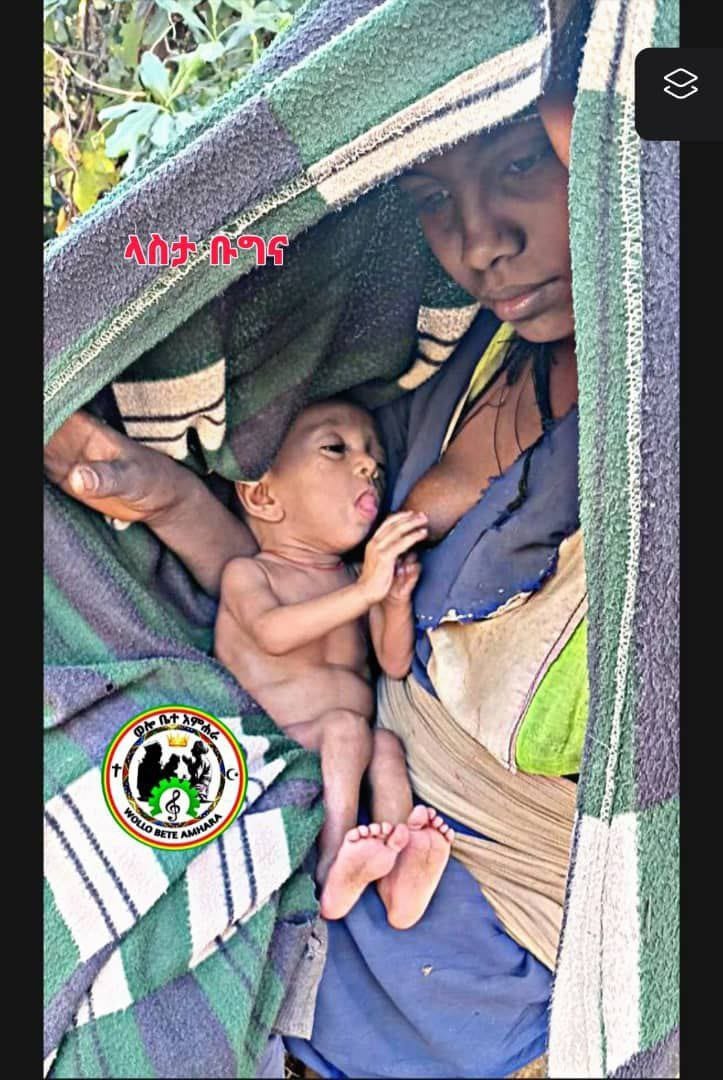




Timely guidance. Thank you. Regards, Aklog Birara